At iAM Omni, we have seen firsthand how discrepancies in asset management can lead to major financial reporting issues for councils and organisations. The recent audit report for the Town of Port Hedland is just one example of the challenges faced when proper asset management systems aren’t in place. Despite making improvements, the town was still flagged for significant discrepancies in its asset reporting, reminding us of the critical importance of maintaining accurate asset data.
In Port Hedland’s case, the town had to adjust the value of 670 infrastructure assets worth $17.3 million to a nil carrying value, even though these assets were still in use and recorded in their asset register. This followed a similar issue the previous year, when 797 assets worth $25 million were unaccounted for. These findings underscore a common theme we encountered during a yearlong research project with a cross-section of urban, peri-urban, and regional councils: without a robust system to track and manage assets, even well-intentioned councils and organisations can struggle with accuracy and accountability.
Asset management is more than just keeping an inventory—it’s about ensuring the integrity of financial reports, preventing asset duplication, and accurately assessing the condition of assets. In Port Hedland’s case, the audit report pointed out weaknesses in their asset management systems, particularly in revaluing infrastructure assets like drainage and roadworks. Such failures can create uncertainty about the actual value of assets, which directly impacts financial reporting and long-term planning.
This raises key questions for councils across the board: Is it time for a shift from point-in-time audits to continuous or more frequent auditing methodologies? Should councils establish streamlined data transfer protocols and invest in real-time monitoring tools to ensure updated asset information, mitigating risks associated with outdated data? Council staff are often stretched thin, wearing multiple hats and working with limited budgets, making it difficult to invest in the tools needed to improve outcomes. It’s no wonder, our research highlighted data inaccuracies as an industry widespread issue.
At iAM Omni, we partner with councils to help them avoid these pitfalls. We’ve seen time after time that inaccurate data, poor record-keeping, and a lack of real-time updates can lead to serious financial consequences. Omni’s GIS Asset Management system avoids asset duplication, as all assets are located on a map and visually represented, helping councils steer clear of the challenges of asset duplication.
What stands out from Port Hedland’s case is the importance of using technology to streamline asset management. A spokesperson for the town noted that they have since confirmed their asset management data using geographic information system (GIS) location details, which helped them clean up their records and ensure accuracy in their latest financial statements. This highlights the value of integrating digital solutions into asset management processes.
At iAM Omni, we provide tools that allow councils and organisations to maintain accurate, up-to-date asset registers. Our platform offers features like GIS integration, real-time data updates, and comprehensive audit trails, ensuring that discrepancies are caught early and corrected before they become a financial burden.
Port Hedland’s experience is a reminder that asset management is an ongoing process, requiring continuous attention and improvement. It’s time to reassess the historical reliance on traditional Enterprise Resource Planning (ERP) technology in local government. Despite decades of adoption, ERP systems have proven inadequate in addressing the fundamental challenge of incomplete asset and infrastructure knowledge. The focus should now shift toward modern, integrated solutions that prioritise real-time data feeds and comprehensive asset visibility.
By using modern tools and systems, organizations can avoid the pitfalls of inaccurate asset reporting, ensure compliance with regulations, and ultimately achieve better financial outcomes. As we continue to work with councils across Australia, we remain committed to providing affordable solutions and the support necessary to overcome these challenges. After all, the message is clear: accurate asset management is the foundation of sound financial reporting, and we’re here to help make that a reality.
For more information click on the link below
https://thewest.com.au/news/north-west-telegraph/some-17m-in-council-assets-could-not-be-located-according-to-town-financial-audit-c-17621887?utm_source=csp&utm_medium=portal&utm_campaign=Meltwater&token=x%2F1Fvc1FXBoLH6X3S4yj6E2lXGLsARMbyQLi9S7AhWtJS850l8aG05R5pSnRqMv%2FwZJb3v5eOsuuScQ2RGyzEw%3D%3D


 Harness the power of intelligent asset management software and realise the true value of your assets.
Harness the power of intelligent asset management software and realise the true value of your assets.